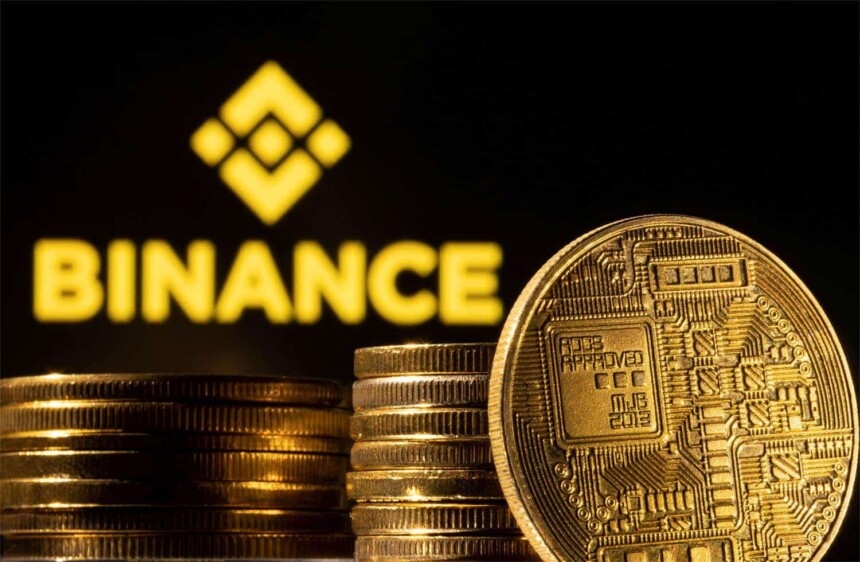The resolution of the Binance case underscores the unclear way banks and cryptocurrency companies are being handled, according to Omid Malekan, an adjunct professor at Columbia Business School.
The recent developments involving the Binance cryptocurrency exchange have triggered a heated discussion about the United States increased scrutiny of crypto companies. Omid Malekan, an author and adjunct professor at Columbia Business School, points out that the way the U.S. Department of Justice is handling this case is notably different from how similar situations are dealt with in traditional financial settings.
“People who sincerely believe that crypto is some unique enabler of bad people doing bad things don’t understand how the rest of the financial system actually works,” Malekan stated on Twitter that even companies adhering to Anti-Money Laundering guidelines are still handling significant amounts of illegal funds. “But that’s all considered OK because somebody did the paperwork.”
Malekan also contended that if traditional financial companies faced the same scrutiny as Binance in comparable situations, a significant number of individuals in the finance industry would likely be imprisoned.
Even though there has been criticism, Malekan holds the view that the exchange’s actions were still ethically questionable due to dishonesty with customers and non-compliance. Binance, along with its co-founder Changpeng “CZ” Zhao, recently agreed to a multibillion-dollar settlement with the U.S. government.
The allegations were related to the exchange allegedly permitting individuals involved in illegal activities to transfer “stolen funds.” As part of the settlement, CZ resigned as the CEO.
Also Read: Binance Moving $3.9B Days Before DOJ Settlement Raises Concerns







